The New Corporate Transparency Act and What You Need to Know
The federal Corporate Transparency Act (“CTA”), overseen by the U.S. Department of the Treasury's Financial Crimes Enforcement Network (FinCEN), became effective on January 1, 2024. CTA regulations require certain small business entities existing as of and established after January 1, 2024 to report their existence and provide the identity of their beneficial owners. Small business owners throughout the U.S. operating as LLCs and corporations will need to comply with this law.
This legislation was passed in an effort by the federal government to identify businesses entities that are created by criminal organizations for the purpose of hiding their illegal activities. Many countries outside the United States have had such business and beneficial ownership reporting requirements in place for years. Persons creating these entities, such as attorneys and other legal staff, must also disclose their involvement in establishing those businesses.
FinCEN provides 23 exceptions to CTA reporting requirements, most of which are based upon the company’s purpose or whether business operations are regulated by State or federal law. In addition, any “large operating company” having over 20 employees and earning more than $5,000,000 annually in gross domestic receipts or sales is also excluded.
name;
date of birth;
address; and
the identifying number and issuer from a current U.S. driver’s license, U.S. passport, or identification document issued by a State, including a U.S. territories, commonwealth, or possession, local government, or Indian tribe;
together with an image of the referenced identification document.
The identification document used in a BOI report may not be expired. If none of the identification documents listed above exist, an unexpired foreign passport may be used.
Noncompliance with CTA reporting can result in stiff penalties, including financial penalties of up to $500 per day and jail time.
Frequently Asked Questions:
Who Needs to Report?
Beneficial owners and company applicants excluding any “large operating company” having over 20 employees and earning more than $5,000,000 annually in gross domestic receipts or sales.
Who is a Beneficial Owner?
A beneficial owner is a natural person who, directly or indirectly, through any contract, arrangement, understanding, or otherwise either exercises substantial control over a reporting company or owns or controls at least 25% of the reporting company’s ownership interests (which can include equity, profits interest, voting rights, convertible instruments, stock options, etc). Trusts and Estates may also become reporting companies if their own business entities.
What are the Reporting Timelines?
FinCEN provides three different deadlines for reporting applicable businesses based upon the date those entities were created.
Entities formed prior to January 1, 2024 will have the 12 months of calendar year 2024 to register, with a reporting deadline of on or before December 31, 2024.
Entities formed during calendar year 2024, from January 1, 2024 to December 31, 2024, have ninety (90) days to register.
Entities formed on or after January 1, 2025 will have thirty (30) days to register.
Changes must be made within thirty (30) days of identifying information changing.
Inaccuracies must be corrected within thirty (30) days and there is no penalty if corrected within ninety (90) days of the initial filing.

